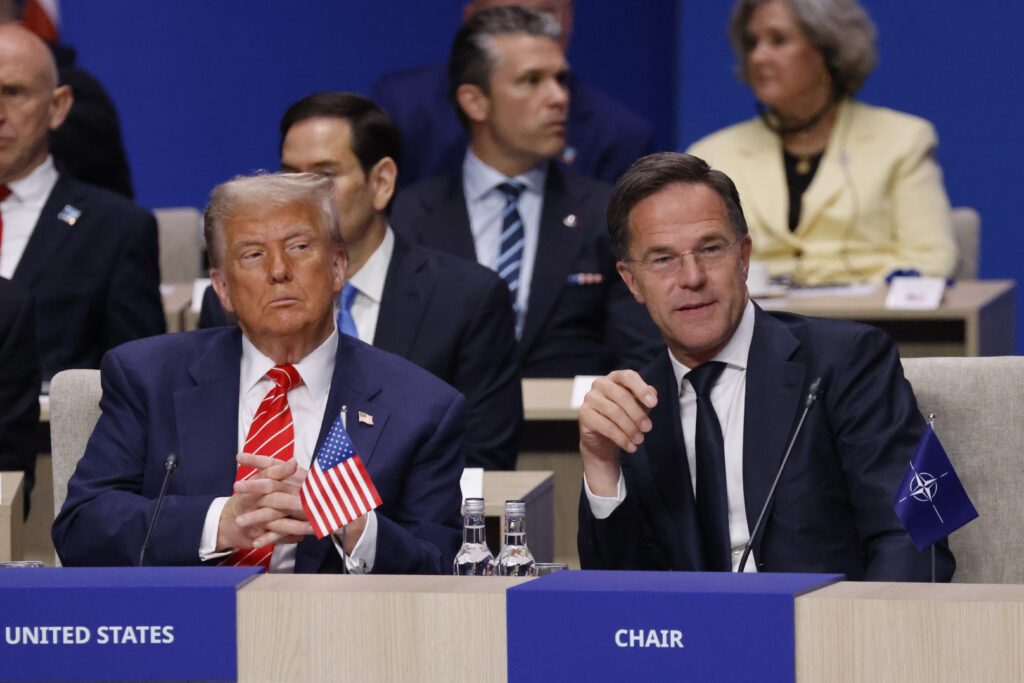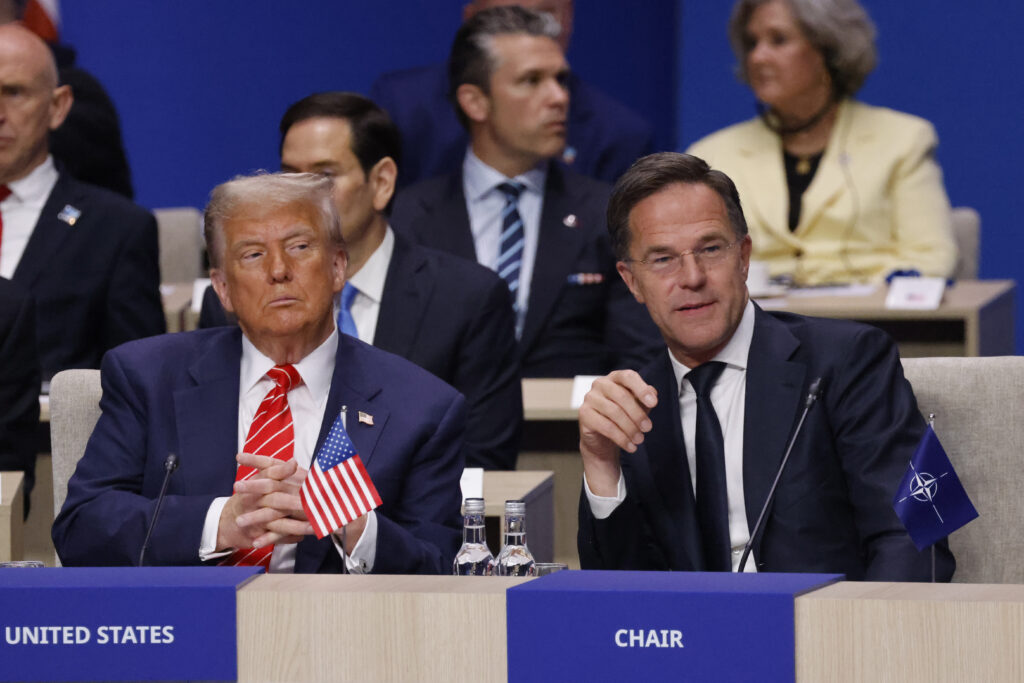Deux personnes ont été tuées par balles et au moins 300 autres ont été blessées mercredi au Kenya lors de manifestations commémorant le mouvement inédit et violemment réprimé d’il y a un an, avec des affrontements particulièrement violents dans la capitale Nairobi.Le 25 juin 2024, la prise du Parlement de la capitale par des manifestants, réclamant le retrait de la loi de finances et la démission du président William Ruto, avait marqué l’apogée de protestations qui avaient perduré jusqu’en juillet.Plus de 60 personnes avaient été tuées au total, et plus de 80 personnes avaient été enlevées – parfois des mois après les manifestations -, dont certaines encore portées disparues, selon les groupes de défense des droits humains. Mercredi, des milliers de manifestants, majoritairement de jeunes hommes, sont à nouveau descendus dans la rue à Nairobi mais aussi dans la grande ville côtière de Mombasa et d’autres comtés du pays.Si les manifestations ont débuté dans le calme, de nombreux manifestants, scandant “libération” ou encore “un mandat” (pour le président Ruto, NDLR) ont ensuite jeté des pierres sur les forces de l’ordre, qui ont répondu en lançant des gaz lacrymogènes et grenades assourdissantes en grande quantité. Au moins trois canons à eau ont également été déployés.- “La liberté, ça fait +bang+” -Au Kenya, “la liberté, ça fait +bang+”, s’est désolé un jeune d’une vingtaine d’années, la tête bandée dans une longue compresse, alors que les explosions se multipliaient autour de lui. “Nous sommes ici pour allumer des bougies (pour les morts de 2024, NDLR). Vous ne pouvez pas nous traiter comme ça”, a hurlé un homme en direction de policiers.Au moins 300 personnes ont été blessées à Nairobi, dont 67 sont dans un état critique, avec des soupçons de “blessures par balles” chez certaines, a indiqué à l’AFP un responsable d’une équipe d’urgence rassemblant plusieurs organisations dont la Croix Rouge. A une centaine de kilomètres de la capitale, deux personnes ont été tuées par balles et 8 autres ont été blessées dans le sous-comté de Matuu, a affirmé à l’AFP un responsable hospitalier.Les familles des victimes et les militants avaient appelé à des rassemblements pacifiques. D’autres ont enjoint à “occuper le palais présidentiel”. En fin d’après-midi, les médias locaux montraient encore des nombres importants de manifestants tentant de rejoindre le centre-ville, et bloqués par la police.En début d’après-midi, l’autorité de la communication a dans une lettre interdit aux radios et télévisions de diffuser en direct les images des manifestations. La décision ne semblait pas respectée dans l’immédiat, la plupart des grands médias poursuivant leur diffusion. Faith Odhiambo, avocate et présidente du barreau kényan, a dénoncé sur X “la nullité légale absolue” de cette annonce.Le groupe de surveillance d’internet NetBlocks affirmait dans l’après-midi que le fonctionnement de la plateforme Telegram était restreint.Dans la capitale, de nombreux manifestants ont scandé “Ruto doit partir” – un cri de ralliement depuis un an – et brandi des drapeaux et des portraits de victimes. Certains ont également déposé des fleurs devant le parlement. La colère contre les violences policières s’est accentuée après le décès début juin dans un commissariat de police d’Albert Ojwang, un enseignant de 31 ans arrêté après avoir critiqué un haut responsable de la police. Les forces de l’ordre ont initialement tenté de camoufler sa mort en suicide.Son décès a déjà suscité ces dernières semaines des manifestations de quelques centaines de personnes, qui ont engendré de nouvelles brutalités.- “Oppression” -Mercredi, Anthony, 25 ans, vendait des drapeaux tout en marchant, contre “les violences policières, l’oppression, les taxes élevées et tout ce qui ne va pas dans ce pays.””La marche est toujours pacifique, mais c’est quand la police (commence à envoyer) des gaz lacrymogènes que ça tourne au chaos”, ajoute-t-il. Un homme suspecté d’être un policier en civil a été malmené par des manifestants. L’année dernière, des forces de sécurité non identifiables avaient été vues tirant sur la foule.Lors d’un rassemblement le 17 juin à Nairobi, des “voyous” armés travaillant en tandem avec la police s’en sont pris aux protestataires, avaient constaté des journalistes de l’AFP. Un policier avait également tiré à bout portant sur un vendeur qui ne manifestait pas de violence, une scène filmée devenue virale qui a accentué la colère.William Ruto a promis aux policiers que son gouvernement les “soutiendrait”.L’impopulaire président s’est efforcé d’éviter toute hausse directe d’impôts dans le budget de cette année afin de limiter les troubles. En plus des violences, de la corruption et des difficultés économiques, la jeunesse réclame les emplois que le président leur avait promis pendant sa campagne. “Les gens qui courent ici (…) ils ont des diplômes. Mais ils n’ont pas de travail. On ne peut pas compter sur ce gouvernement”, a souligné à Nairobi Samson Watenge Nyongesa, étudiant de 31 ans.







